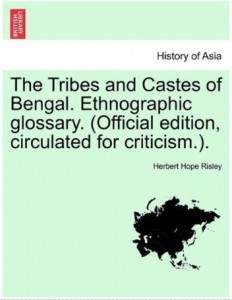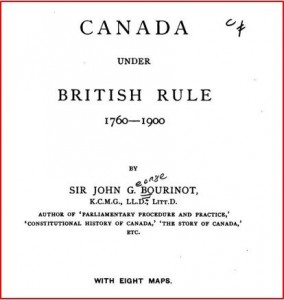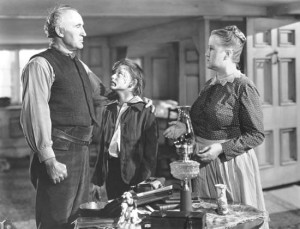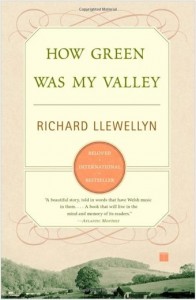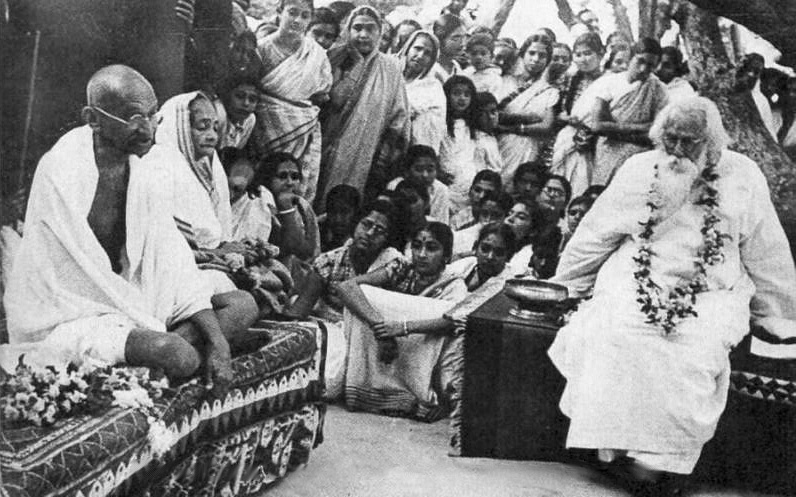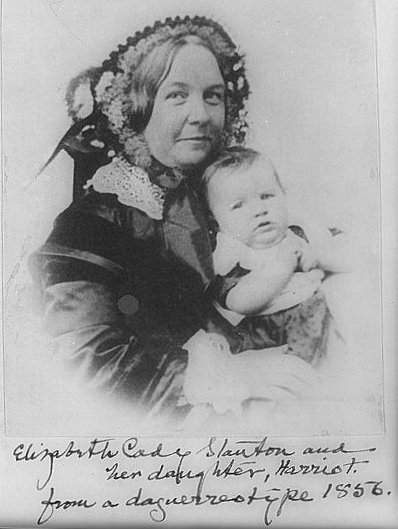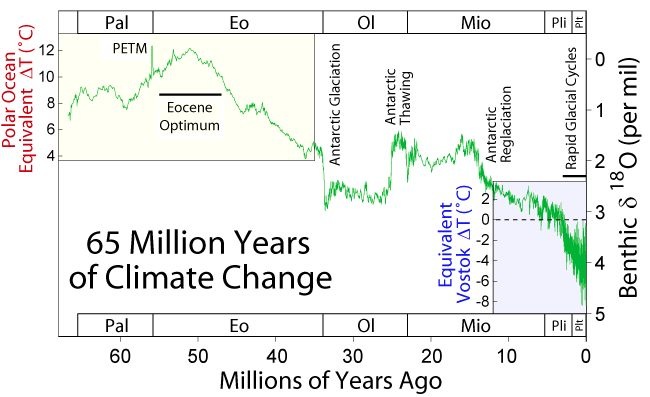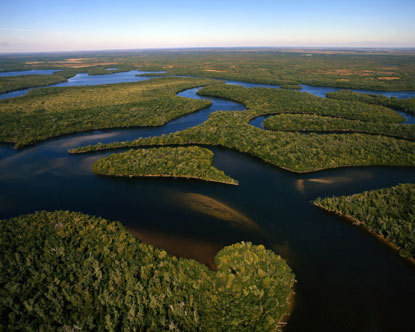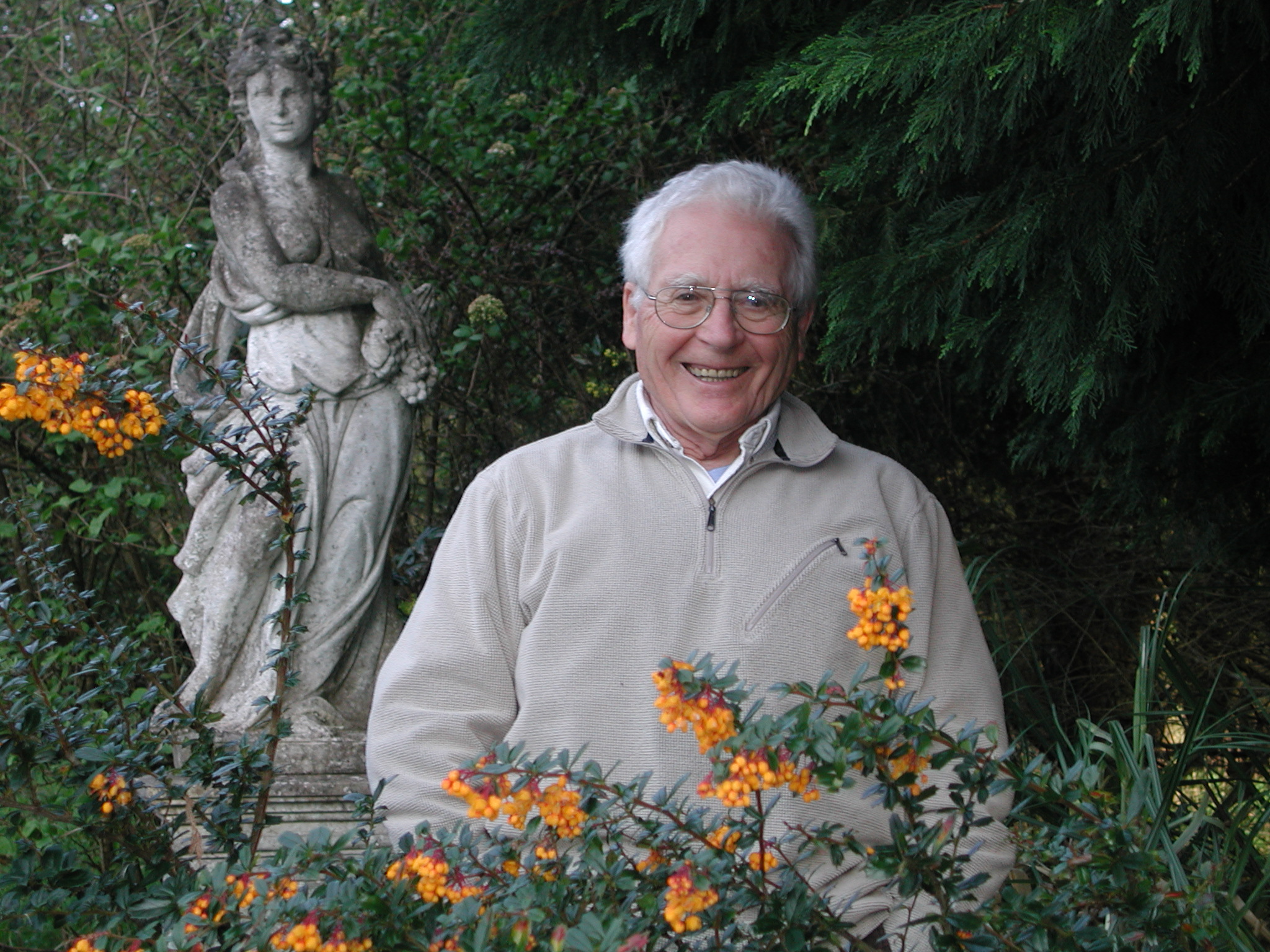I remember there was an Elgin Road in Calcutta of the old. Perhaps it is still there, in Kolkata of today. But they keep changing names of often. So I don’t know.
But, finding that book on Lord Elgin, the person behind the name of that road from my younger years in Bengal, was curious. And that too, while looking for some old history of Canada.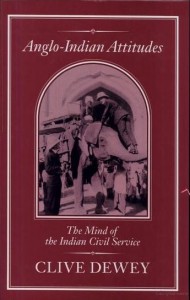
And then to find out that he had had a lot of influence in three countries that I am reasonably well linked with today – Canada, China and India, was equally interesting. He was from such an era that I have no good grasp of. This was the time frame when India was ruled by a corporation – The East India Company. One of the books from that era claimed that a land of 300 million people were governed by just 1,000 civil servants.
It also claimed that the Indian population was fully one sixth of the world population at the time. That book, about the Indian Civil Service, or ICS in short, claimed that this statistics of a thousand civil servants administering a population of three hundred million made that body, the ICS, the most powerful civil service body in the entire world. But, that was a different book, named the Anglo-Indian Attitudes by Clive Dewey. And I am digressing a bit.
It all actually started with Ms Leena Chatterjee, who is a family friend and a neighbor and who I address as Leena di (Meaning Leena the elder sister, or a person deserving the respect of an elder).
Leena di and her husband Tan Lee da had been a source of inspiration as well as a link with our collective eastern heritage.
Tan Lee da is an unique amalgam. His father, a famed Chinese scholar was befriended by Tagore and invited to Santiniketan, Bengal, in the 1920s, when India was still ruled by the British Government, And no more the East india Company. As a result of his father coming to stay in Bengal, India, Tan Lee grew up in Santiniketan and became a Tagorian at heart and at the same time a first batch IIT (Indian Institute of Technology) passed out civil engineer and architect by profession. His internationalism was perhaps completed by him working in India at first and then onto north and south America, before setting down in Delta, British Columbia. To cap it all off, he is a better Bengali than me in about all aspects except in appearance.
Leena di was the quintessential scholar that was only part Santiniektani, and part many other things that broke the mold. For one thing, she was a believer of Gandhi, Tagore and Karl Marx at the same time. I found that combination a near impossible mix, but then Leena di could separate what Marx thought and believed, from what people made out of his thoughts, and the same for Gandhi and Tagore. That was quite a feat. I did not study Marx much. To me, the similarity between Mark and Tagore was restricted in their beard. In fact I used to think Tagore’s beard to be more similar to Tolstoy’s for example. The similarity between Gandhi and Marx was harder to discern. Both wanted social change – which could be considered a similarity. The effort to bring that social change also became specific political paths for different nations. Those paths, incidentally, were diametrically opposite for India and Russia. One preached reaching its objective through non-violence or ahimsa, while the other called for armed revolt and a blood bath.
Leena di is also half Rajput and half Christian from her mothers side, and among the most educated person I knew. To me, educated meant something more than a piece of certificate paper. Those who want proof that women might be better scholars than men, look no further than Leena di.
And to cap it all off, she had read the Vedas in their original sanskrit, and had also studied the Indian constitution, and knew a lot about constitutions in general.
So how is it that I write a blog named after Elgin, while speaking about Leena di?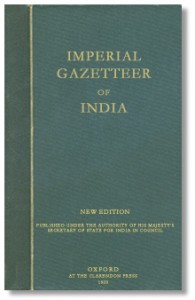
It all had to do with the Imperial Gazetteer of India. Or rather, some of the volumes that were published by the British with that name, a long time ago.
The British had these great books published during their rule of India. But, before these could be published, material has to be gathered, which essentially helped describe India in as many ways as could be measured. These books were perhaps the bible for the future generations officers of the Indian Civil Service – ICS – that came to serve the Raj. Initially they would all be British, and products of the best schools of Great Britain. They were appointed under section 32 of the Government of India act of 1958 of the parliament of the United Kingdom.
Initially, all thousand of them were British. Then, Indians started getting into it by passing the test. The first Indian to become an ICS officer was Satyendranath Tagore, Rabindranath’s elder brother. By the time of independence about half of the ICS officers were Indian. The other half, British, mostly left and returned to Great Britain when India became an independent nation.
Being stickler for detail and record keeping, they produced a number of volumes about India that was better than anything contemporary India had up to that point. In some ways, they are still the best work on the subjects covered, till date.
And Leena di had studied them in the past, and was looking for them in the present. And she had asked me to find them for her. She was also looking for census records of southern parts of India from late 1850s onward, in a hope of finding some details about her maternal ancestry, who were Rajputs that traveled south and settled around Kerala, became rich and powerful but retained their ethnic distinction by not intermarrying with the locals. Leena di wished to peer into those details, if possible, through British census and gazetteers.
I had located a few of the later publications under the name of Imperial Gazetteer of India volumes on line for her. There was a lit of altogether 26 of them in a series. The first one, Volume 1, was titled ‘The Indian Empire – Descriptive’ and was published in 1901. The last one, Volume 26, was name ‘Atlas’, published 1931.
These could be read on line. The first volume started with the following text:
“THE INDIAN EMPIRE
VOLUME I
DESCRIPTIVE
CHAPTER I
PHYSICAL ASPECTS
No one who travels through the length and breadth of the continent of India can fail to be struck with the extraordinary variety of its physical aspects.”
The term the British used at the time, was continent, and not subcontinent.
Anyhow, some of these versions were available to be read online only, and not downloadable. Leena di was not the most proficient in browsing the internet. Besides, Leena di was also interested in earlier publications.
And thus, out of interest, I located another source of them, through eBooks. One of them, The Imperial Gazetteer of India, by Sir William Wilson Hunter, 1840 – 1900, volume IV.
This over 500 page book was scanned from the original and put up as iPad readable eBook, costing 5 dollars.
And I bought it for my own iPad and read through it a bit before informing Leena di. And then I located some more books. One of them – The Tribes and Castes of Bengal. Ethnographic glossary, by Herbert Hope Riseley, was known to Leena di and she got quite excited that I found this book too, again for only 5 dollars.
These books were scanned and turned into iPad readable books. The quality of scans were very high, and included hand written notes, rubber stamps, and even signatures.
It was from a short text in that book that I wrote a piece on the ongoing novel, about the Lepcha tribes of northern Bengal and Sikkim.
Anyhow, I had by then downloaded free sample sections of over twenty books from the British Museum Library. If I wanted to buy the full version, each would cost me 5 bucks. All these books had been scanned and put up on line just in the last few months, so they were practically as virtual books on line.
And then, I searched for information of the formative years of British colonization of Canada, and found two. I bought both. One was titled ‘Canada under British Rule 1760 – 1900’ by John G. Burinot. And the other, was on Lord Elgin.
 Now, that rung a bell. I did not know too much about the British Colonials of the late 18th century, but I knew Elgin was one of them.
Now, that rung a bell. I did not know too much about the British Colonials of the late 18th century, but I knew Elgin was one of them.
I remembered that old Calcutta had a road in his name – Elgin Road.
And where was this road ? Well it was on the way to the Maidan or the New Market of those days. It was in the region just to the south of Theatre Road, west of the Chowrangee Road, and north of the the Circus Road. But these days, the Governments had been busy confusing the heck out of folks like us, renaming and re-renamign roads after dead people. Now we have Shakespeare Sarani, Picasso Bithi, Mujibur Rahman Sarani, Jawaharlal Nehru Road, Lord Sinha Road, Gorky Terrace, Albert Road, Laudon Street, Sarojini Naidu Sarani, U.N. Brahmachari Street, Madam Courie road, which is a dead end and many more. I often thought the American system was best, all roads horizontal are streets and numbered progressively, while all roads vertical could be avenues and also numbered sequentially. Thus, one could easily guess where any street crossing is located.
Reading up on parts of that book, I learned that Lord Elgin was a highly influential administrator for Canada, and had later been sent to China and India at important historical junctures, and was partially responsible for the history as it turned out, in great historical events in those regions.
For example, I learned that Lord Elgin, upon request received from India regarding difficulties the British were facing in relation to the fomenting discontent that would eventually spill over as the Sepoy mutiny, was instrumental in diverting many British military personnel and equipment that were going elsewhere, and sent them to India at a most critical juncture.
Likewise, Elgin, upon landing in China, helped in the final deals made there at the aftermath of the opium wars, that essentially ensured that the days of the Chinese rulers were over, and her days of subservience to Europe started.
In those aspects, his work turned out to be in support of colonization of Asia by his Britain in particular, in the case of India, and Europe in general, in the case of China.
His work in Canada, however, seemed to be of a different kind, ensuring that Canada would be an equal partner in the group of nations that believed in the same king of England, but otherwise ruled themselves. This, of course, only related to European immigrants of Canada, and not the original inhabitants of the land.
 I had not read the book through. And there surely would be more books on the topic. I was no historian. But, reading what I did thus far, it appeared that he, being a product of his time – was probably racial in his thinking and could not consider non-Europeans as equal, or deserving of fair Governance.
I had not read the book through. And there surely would be more books on the topic. I was no historian. But, reading what I did thus far, it appeared that he, being a product of his time – was probably racial in his thinking and could not consider non-Europeans as equal, or deserving of fair Governance.
I decided to read up some more about those tumultuous days, when the British empire, even after losing the war of independence against USA almost a century earlier, was still in its expanding mode, and the loss of the continental USA was to be made up by huge gains elsewhere.
So, if the local Governments of West Bengal, decided to change the names again, and if Elgin Road no more existed, I decided I should not feel too sorry. New happenings pile up on top of old ones, and eventually, take new flavor and shape. To know it all, one would need to pry away layers of it and peer deeper to find out how things used to be. That, in a nutshell, could be the essence of history. The road might have had another name even before Elgin. What was it, and how did it get that name, before it was changed to Elgin road?
I might talk about all this with Leena di some day !


